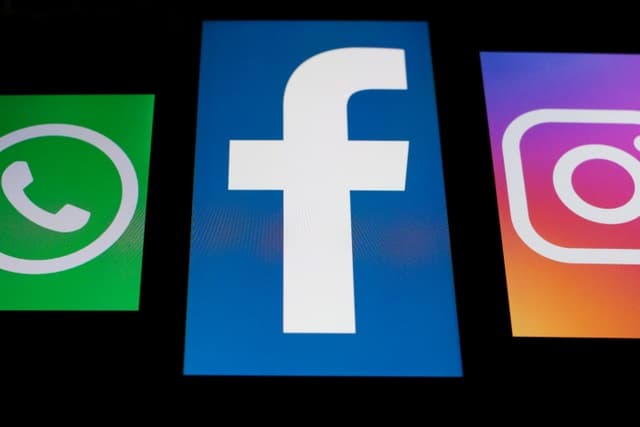
Mark Zuckerberg's calls for internet regulation are just an attempt to shift the blame from Facebook
Over the weekend, Mark Zuckerberg set out what he described as "four ideas to regulate the internet". Were these ideas put forth by someone else, it might be possible to refer to this as an impassioned plea -- but this is Zuckerberg we're talking about.
He suggests GDPR-style privacy regulation in the US. He wants more control of hate speech. He believes more needs to be done about political advertising, particularly around the time of elections. And he likes the idea of data portability. These are reasonable ideas and -- importantly -- there is nothing to stop Facebook from implementing them now. To lead the way. There is no need to call for, or wait for, legislation.
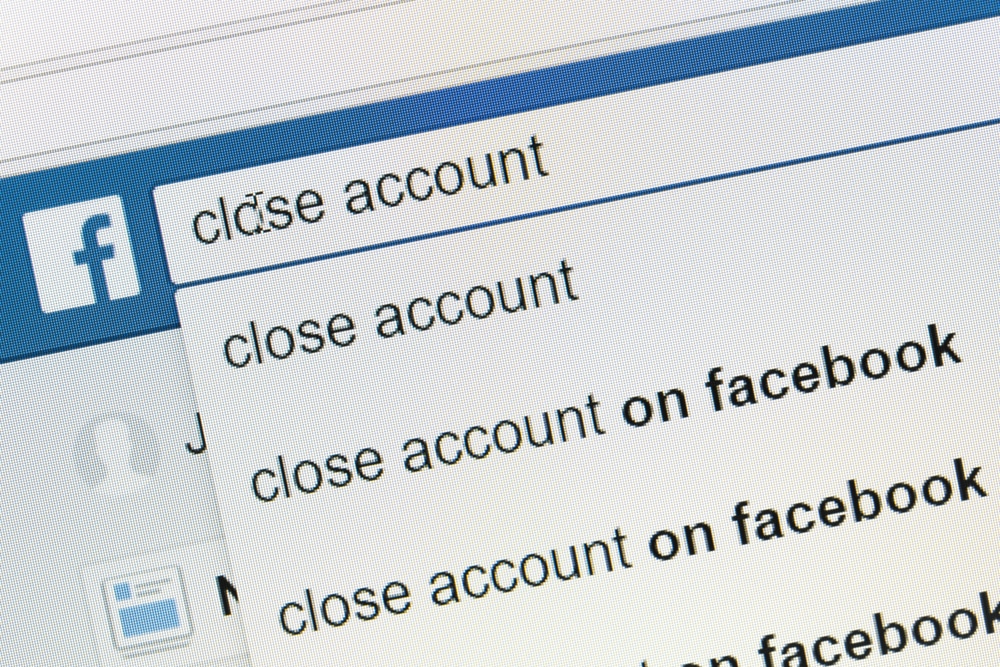
How to delete your social media accounts: Benefits, alternatives, and why you should do it
Often, our social media engagements seem like little more than momentary diversions. Someone might scroll through Twitter when sitting in a waiting room or browse Facebook over breakfast. These time commitments feel small in the moment, to the point of being insubstantial -- but over time, these "insubstantial" moments on social media add up. The average person spends almost two hours on social media every day, while the average teenager spends up to nine hours. One study suggests that most people will end up spending more than five years of their lives on sites like YouTube, Facebook, Snapchat, Instagram, and Twitter.
Social media is eating up a lot of your time. While not all of that time is "wasted" -- it’s possible to learn things on social media, network with valuable connections, catch up with friends, and follow important news stories -- five years of your life is a big ask. Have you ever considered deleting your social media accounts? In this article, we’ll explore how to delete your accounts, whether going dark can affect your job prospects, and what you can do instead to limit your social media usage or online exposure.
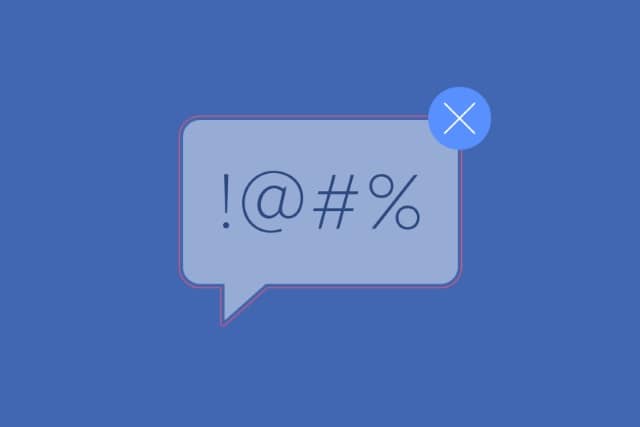
Facebook explicitly bans white nationalism and white separatism
The "praise, support and representation" of both white nationalism and white separatism are to be explicitly banned on Facebook and Instagram. The new policies will be enforced as of next week.
Facebook announced the change in policy as it and other social networks face increasing pressure to do more to counter hate speech. It also comes in the wake of the Christchurch, New Zealand mosque shooting, footage of which was shared on the platform.
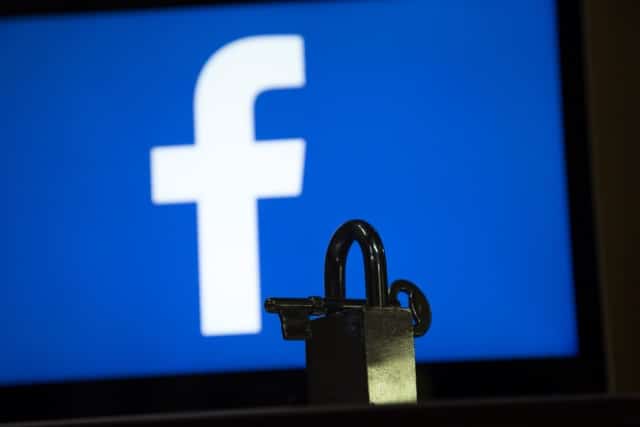
Facebook stored millions of users' passwords in searchable plain text for years
Just when you think things couldn't get any worse with Facebook, something else comes along to lower your opinion of the social network even further. The latest security slip-up relates to passwords: it turns out that for up to six years, millions of user passwords were stored in plain text.
As well as being stored in plain text, passwords were searchable by thousands of Facebook employees. An investigation by Facebook suggests that somewhere between 200 million and 600 million user accounts were affected, some as far back as 2012.
Pahahaha! Zuckerberg outlines his, *snort*, privacy-focused vision for Facebook and social networking hahahaha!
Social networking in general, and Facebook in particular, is far from synonymous with the notion of privacy. Facebook makes occasional nods to granting users greater control over their privacy, but at the end of the day, data about users is what makes Mark Zuckerberg's company tick.
But setting out his vision for the future in a blog post, the Facebook founder has set out his "vision and principles around building a privacy-focused messaging and social networking platform". We'd already heard about plans to merge the messaging platforms WhatsApp, Instagram and Facebook Messenger, this is central to his vision of the future. He has bold ideas of encryption and ephemerality playing a large part in increasing privacy, but Facebook will still have to overcome the issue of user trust.
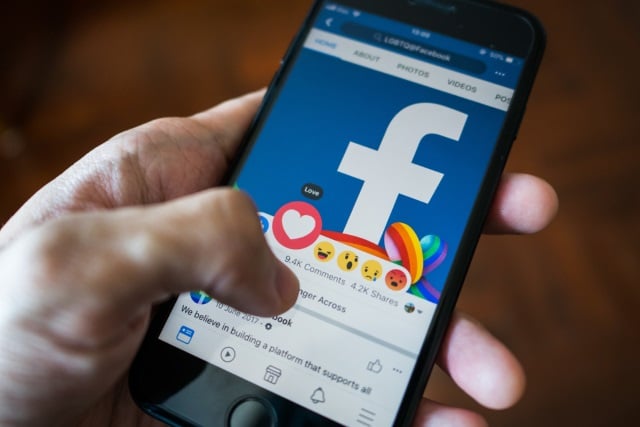
Facebook is adding a Tributes section to memorialized accounts of deceased users
When a Facebook user dies, it is possible to transform their profile into a memorialized account. Facebook describes this as a "place for friends and family to gather and share memories after a person has passed away".
Now the social network is rolling out a new feature for memorialized profiles: Tributes. This is essentially a new section that appears on the page of deceased users where friends and family can post new content about their loved ones.
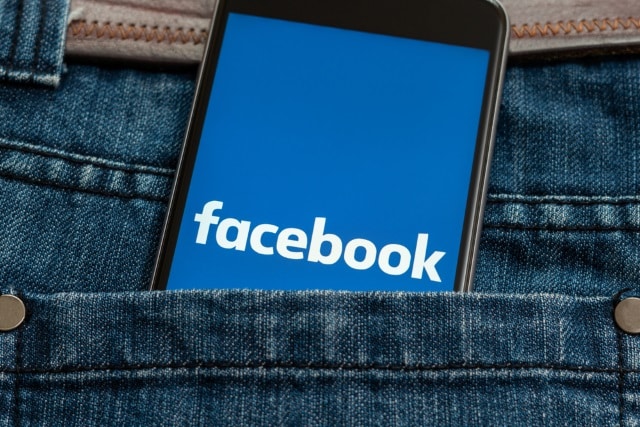
If you've added your phone number to Facebook for 2FA security, it can be used to search for you
Facebook has been encouraging users to enable two-factor authentication to boost the security of their accounts, but it turns out that there's a slightly sinister side to this feature.
You may well have opted to maintain an element of privacy by omitting personal information such as your address and phone number from your profile. But if you've used your mobile number to secure your account with 2FA, even if it is not visible to others, it can still be used to search for you -- and there is no way to opt out of this.
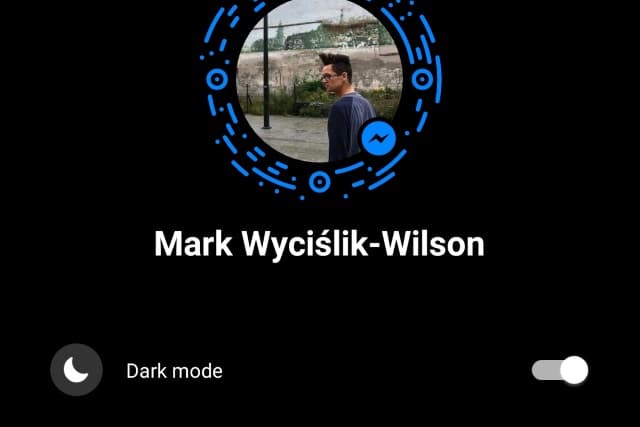
How to enable the secret, hidden dark mode in Facebook Messenger [UPDATED]
The love of dark mode options in apps and operating systems shows no sign of waning. While a large number of big-names have added dark modes, there are still plenty that need to jump on the bandwagon. One app that has held out is Facebook Messenger, but there is secret dark mode option that you can enable.
Probes into the Facebook Messenger app had already revealed that Facebook was working on darker hues, and it even rolled out to small number of users in the latter part of last year -- but not everyone. Now you can use a little trick to access dark mode in the Android and iOS versions of Messenger for yourself.
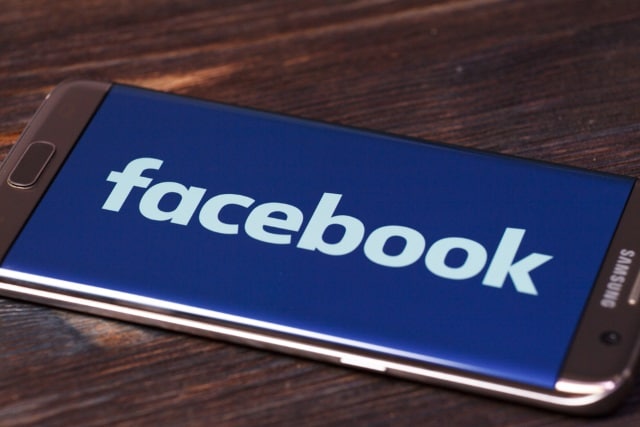
Facebook to launch its Clear History tool later this year -- to the joy of privacy advocates and the pain of advertisers
Facebook is no stranger to privacy-related controversy, and to try to counter some of this the social network announced in the middle of last year that it planned to give users a "clear history" feature.
Although first talked about in May, no progress has been visible on this front, but Facebook's CFO, David Wehner, has now said that the feature will be launching later this year. This is good news for users, but bad news for advertisers. Facebook says that the feature will make it harder to target ads.
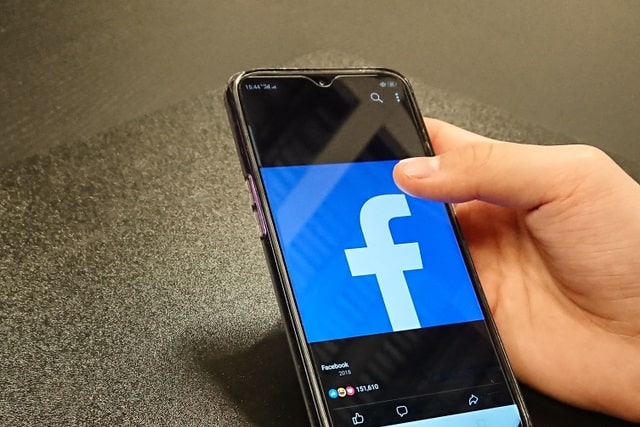
Privacy: Facebook closes controversial Onavo VPN and ceases user data collection
Following the scandal surrounding the collection of user data, Facebook has removed its Onavo VPN app from the Google Play Store -- a full six months after the iOS version of the Facebook Research app was kicked out of the App Store by Apple.
Facebook will also be ending its controversial paid data collection program which saw the company paying people for access to information about their device and internet usage. The app will continue to function as a VPN -- minus the questionable privacy invasion -- for a little while to give users the chance to seek out an alternative, but it will ultimately close down completely.

Privacy: Facebook now lets Android users block background collection of location data
Faced with continued criticism about privacy, Facebook is rolling out an update to Android users that gives a greater degree of control over the sharing of location data with the social network.
Specifically, the update makes it possible to stop Facebook from using tracking your location in the background when you are not using the app. The change brings parity to the iOS and Android Facebook apps.
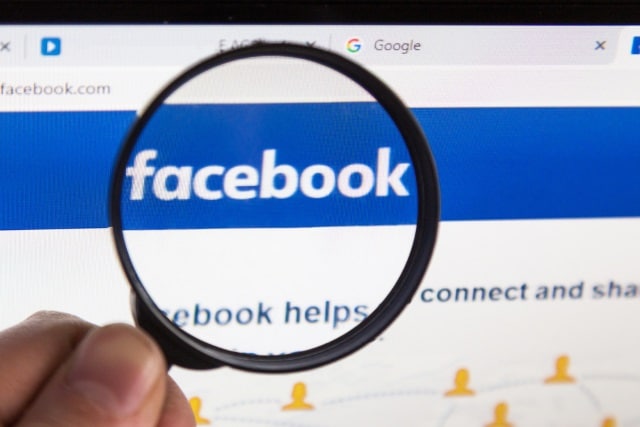
Facebook says it is 'open to meaningful regulation' following damning report of the 'digital gangster' that considers itself 'ahead of and beyond the law'
A detailed report about fake news by a parliamentary committee in the UK has accused Facebook of being a "digital gangster" that has deliberately broken privacy and competition laws. The report by the Digital, Culture, Media and Sport select committee calls for the social network to be subject to statutory regulation.
The report comes after an 18-month investigation, and it is damning of Facebook and its executives in general, and Mark Zuckerberg in particular. Criticism is levelled at the lack of action taken against fake news and misinformation on the social network, and there is concern that current election laws were not enough to prevent sites such as Facebook being used by hostile foreign agents to interfere with the democratic process.
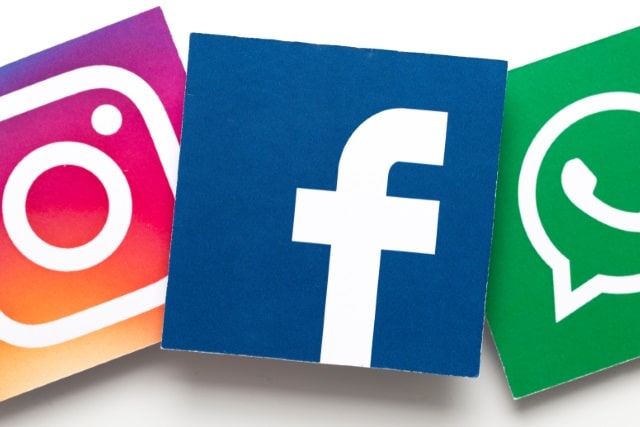
Facebook is ready to fight back against anti-vaxxers
The battle Facebook wages against the spread of fake news and misinformation could be set to expand to include removing anti-vaccination content from the social network.
The anti-vaxxer movement has long been fairly vocal, and it has found a home on Facebook. The viral spread of anti-vaccine groups on the social network has been blamed -- at least partly -- for outbreaks of measles in the US. Facing pressure to block the spread of dangerously misleading information, Facebook has said that it could demote anti-vaxxer content and remove it from recommendations.

Health experts call on Facebook to close anti-vaxxer groups
Facebook is under pressure to stem the flow of pseudoscience among its users. The social network has faced criticism and pressure about many issues including the dissemination of fake news and disinformation, and false information spread by anti-vaxxers is the latest target of concerned experts.
There has been much concern about how Facebook could be used to influence elections, but there are growing calls for the social media giant to step in and prevent anti-vaccinations groups from being used to spread false information. Despite medical evidence pointing to not only the efficacy but also the safety of vaccinations, the anti-vaxxer movement has found a home on Facebook which experts say is dangerous.
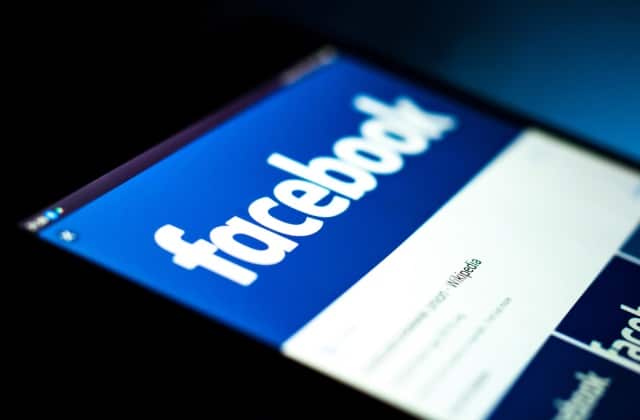
Open letter signed by Mozilla demands Facebook take 'real action' against disinformation
Mozilla has sent an open letter to Facebook calling on the social network to do more to fight disinformation and asking for increased transparency about political advertising.
The letter -- also signed by 32 other organizations including human rights and press freedom groups -- has been sent to Facebook in the run-up to the 2019 EU Parliamentary Elections. It comes after Mozilla's COO wrote to the European Commission to express her concerns about the lack of transparency at Facebook.
